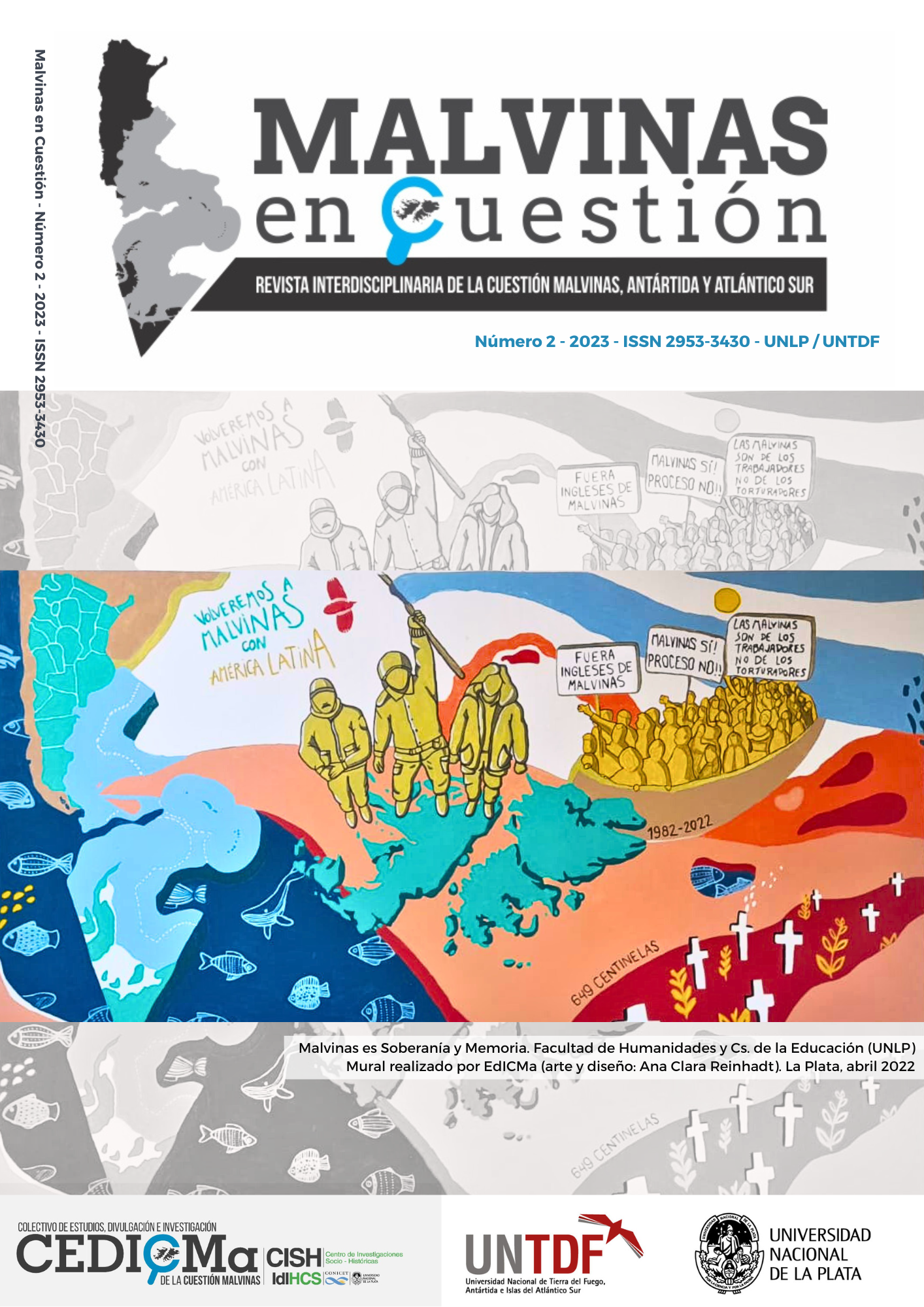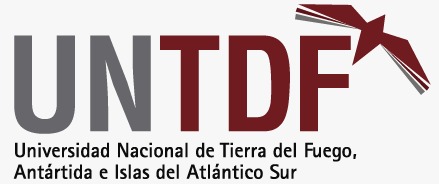The Subsoil of the Homeland: a Reading of Los pichiciegos
DOI:
https://doi.org/10.24215/29533430e017Keywords:
Los Pichiciegos, Rodolfo Fogwill, Literature of the Argentine post-dictatorship, Malvinas War, Literature and witnessAbstract
Forty years after the Malvinas War, when the novel Los pichiciegos was written, the present text proposes a rereading of this fundamental contribution to the post-dictatorship literature in Argentina. The corrosion of the premises of nationality stands out in Fogwill's novel, and thus the war, depicted, without any judgement of value or trace of epic, becomes delegitimized as a heroic national feat. In this way, the question arises how that statement, that of the Pichis, determines the space and how it contradicts to other stories of the (war) space. By means of the invention of a deserter’s voice, an entire world emerges, the vocabulary becomes dislocated and there is a redefinition of language that makes the implicit, the supplementary, the postponed appear, that until then remained unsaid, such as the "flights of death". One of the proposals of this work is to grasp the sound of Los pichiciegos, different from "challenge" or "mourning", the two traditions or matrixes of our culture that appeared always we wanted to write down the passions of the homeland (Ludmer, 2000).
Downloads
References
Agamben, G. (2007). La potencia del pensamiento. Adriana Hidalgo.
Alcalde, R., Grüner, E., Gusmán, L., Jinkis, J., Savino, H. y Grisafi, H. (2000). Entredichos. Tramas, para leer la Literatura Argentina, 6(11), 121-130.
Anderson, B. [1983] (1993). Comunidades imaginadas. Reflexiones sobre el origen y la difusión del nacionalismo. FCE.
Barthes, R. (1986). Lo obvio y lo obtuso. Paidós Comunicación.
Barthes, R. (2003). El placer del texto. Siglo XXI.
Comisión Nacional sobre la Desaparición de Personas. (1984). Nunca Más. Informe de la Comisión Nacional sobre la Desaparición de Personas. EUDEBA.
Fogwill, R. (1998). Los pichiciegos. Editorial Sudamericana.
González, H. (2004). Rodolfo Enrique Fogwill: algunas inquisiciones. El Matadero: revista crítica de literatura argentina, 3, 61-78.
Jarkowski, A. (2006). Los pichiciegos: una novela verdadera. Bazar Americano, 22(89). http://www.bazaramericano.com/resenas.php?cod=151&pdf=si
Kohan, M. (2006). A salvo de Malvinas. Bazar Americano, 22(89). http://www.bazaramericano.com/resenas.php/resenas.php?cod=286&pdf=si
Link, D. (25 de marzo de 2007). Un escritor en el límite. Página 12. https://www.pagina12.com.ar/diario/suplementos/radar/9-3698-2007-03-25.html
Link, D. (2009). Fantasmas. Imaginación y sociedad. Eterna Cadencia.
Ludmer, J. (2000). El género gauchesco. Un tratado sobre la patria. Perfil.
Montenegro, R. (2020). Los pichiciegos y la máscara del testimonio. En T. Basile y M. Chiani (Comps.), Voces de la Violencia. Avatares del testimonio en el Cono Sur (pp. 175-190). EDULP.
Perlongher, N. [1983] (1997). Prosa Plebeya. Colihue.
Sarlo, B. (1994). No olvidar la guerra de Malvinas. Sobre cine, literatura e historia. Punto de Vista, 49, 11-15.
Schvartzman, J. (1996). Microcríticas. Lecturas argentinas (cuestiones de detalle). Biblos.
Segade, L. (2014). Lo monstruoso, lo siniestro y lo grotesco en algunos relatos de la guerra: las Malvinas como frontera. Cuadernos de Literatura, 18(36), 211-236.
Smith, A. (2000). ¿Gastronomía o geología? El rol del nacionalismo en la reconstrucción de las naciones. En Á. Fernández Bravo (Ed.), La invención de la nación. Lecturas de la identidad de Herder a Homi Bhabha (pp. 185-209). Manantial.
Stavrakakis, Y. y Chrysoloras, N. (2006). (I can't get no) enjoyment: lacanian theory and the analysis of nationalism. Journal for the Psychoanalysis of Culture and Society, 11(2), 144-163. https://doi.org/10.1057/palgrave.pcs.2100082
Svetliza, E. (2017). La guerra de Malvinas y sus trincheras intelectuales: entredichos entre los editores de la revista Sitio y el escritor Néstor Perlongher. Remate de Males, 37(2), 925-944. https://doi.org/10.20396/remate.v37i2.8648698
Torres, V. (2016). Más cerca del cañón que del canon: las primeras ficciones de la guerra de Malvinas. En M. Semilla Durán (Comp.), Relatos de Malvinas: paradojas en la representación e imaginario social (pp. 177-192). Eduvim.
Walsh, R. [1977] (2010). Carta abierta de un escritor a la Junta Militar. En Serie Recursos para el Aula del Centro Cultural de la Memoria Haroldo Conti. Ministerio de Justicia, Seguridad y Derechos Humanos de la Nación.
Zimmer, Z. (2006). The passage of savage capitalism: time, non-place and subjectivity in Fogwill's narration. Journal of Latin American Cultural Studies, 15(2), 143-158. https://doi.org/10.1080/13569320600782104
Downloads
Published
How to Cite
Issue
Section
License
Copyright (c) 2023 Verónica Engler

This work is licensed under a Creative Commons Attribution-NonCommercial-ShareAlike 4.0 International License.
Acorde a estos términos, el material se puede compartir (copiar y redistribuir en cualquier medio o formato) y adaptar (remezclar, transformar y crear a partir del material otra obra), siempre que a) se cite la autoría y la fuente original de su publicación (revista y URL de la obra), b) no se use para fines comerciales y c) se mantengan los mismos términos de la licencia.





















